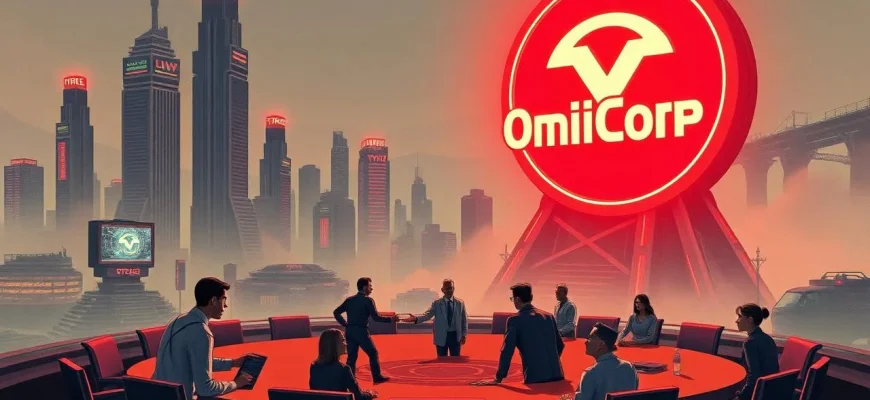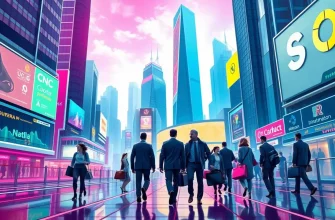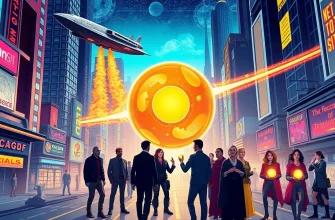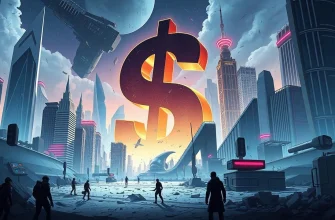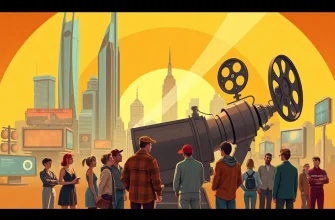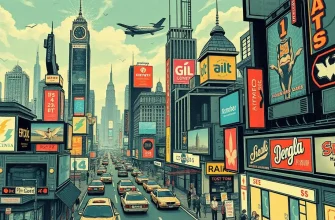In the realm of science fiction, the theme of corporate control and its implications on society has always been a fertile ground for storytelling. This curated list of 10 films delves into the shadowy world of mega-corporations, exploring themes of power, ethics, and the human condition. Whether it's the dystopian future of a world run by corporations or the ethical dilemmas faced by individuals within these behemoths, these films offer a thrilling and thought-provoking experience. Each film has been chosen for its unique take on the subject and its availability in British English dub, ensuring an immersive viewing experience for UK audiences.
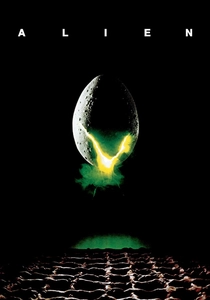
Alien (1979)
Description: This iconic film is not just about a terrifying alien creature; it's also a critique of corporate greed. The crew of the Nostromo is expendable in the eyes of the Weyland-Yutani Corporation, which prioritizes the alien over human life.
Fact: The film was initially panned by some critics but has since become a classic, spawning numerous sequels and prequels.
 Watch Now
Watch Now
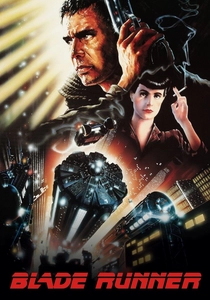
Blade Runner (1982)
Description: Set in a future where the Tyrell Corporation manufactures replicants, this film examines the ethical implications of creating life for corporate gain. The line between human and machine blurs, questioning the morality of corporate control over life itself.
Fact: The film's director, Ridley Scott, has released multiple versions, with the "Final Cut" being his definitive vision.
 Watch Now
Watch Now
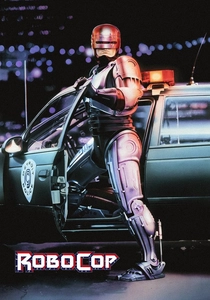
Robocop (1987)
Description: In a crime-ridden Detroit, the Omni Consumer Products (OCP) corporation sees an opportunity to test their new law enforcement technology, turning a deceased police officer into a cyborg. It's a dark satire on corporate control over public safety.
Fact: The film was initially rated X due to its graphic violence, but it was later re-edited for an R rating.
 Watch Now
Watch Now
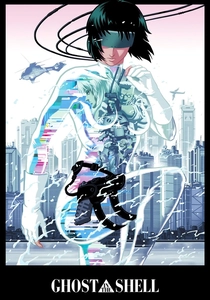
Ghost in the Shell (1995)
Description: In a cyberpunk future, corporations like Megatech Body control cybernetic enhancements, blurring the lines between human and machine. The film explores themes of identity, consciousness, and corporate control over technology.
Fact: The film's influence can be seen in many modern sci-fi works, including "The Matrix."
 Watch Now
Watch Now
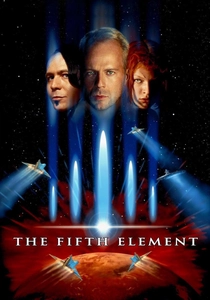
The Fifth Element (1997)
Description: This visually stunning film features Zorg Industries, a corporation with nefarious plans. It's a wild ride through a future where corporations have significant influence over planetary events.
Fact: The film's script was originally written in French by Luc Besson, who had been working on the idea since he was
 Watch Now
Watch Now

The Matrix (1999)
Description: While not explicitly about corporations, the Matrix itself is a construct by machines, which can be seen as a metaphor for corporate control over reality. The Wachowskis explore themes of freedom, choice, and the illusion of reality.
Fact: The film's groundbreaking special effects, particularly the "bullet time" sequence, have become iconic in cinema history.
 Watch Now
Watch Now

The Island (2005)
Description: In a seemingly utopian facility, residents are unaware they are clones created by a corporation for organ harvesting. The film delves into themes of identity, freedom, and the ethics of corporate control over human life.
Fact: The film's plot was inspired by several sci-fi novels and films, including "Logan's Run" and "Brave New World."
 Watch Now
Watch Now

Elysium (2013)
Description: In a future where the wealthy live on a space station called Elysium, the Earth is left to decay. The film critiques the extreme class divide perpetuated by corporate control over resources and healthcare.
Fact: Director Neill Blomkamp was inspired by his experiences growing up in South Africa during apartheid.
 Watch Now
Watch Now
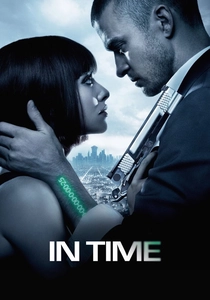
In Time (2011)
Description: Time is literally money in this film, where corporations control the distribution of time, creating a stark divide between the rich and the poor. It's a critique of capitalism and corporate control over life itself.
Fact: The film's concept of time as currency was inspired by the idea of "time banking."
 Watch Now
Watch Now

Brazil (1985)
Description: Terry Gilliam's dystopian masterpiece showcases a world where bureaucracy and corporate control have run amok, creating a nightmarish society where individuality is crushed.
Fact: The film's production was fraught with conflicts between Gilliam and Universal Pictures, leading to multiple edits and versions.
 30 Days Free
30 Days Free

